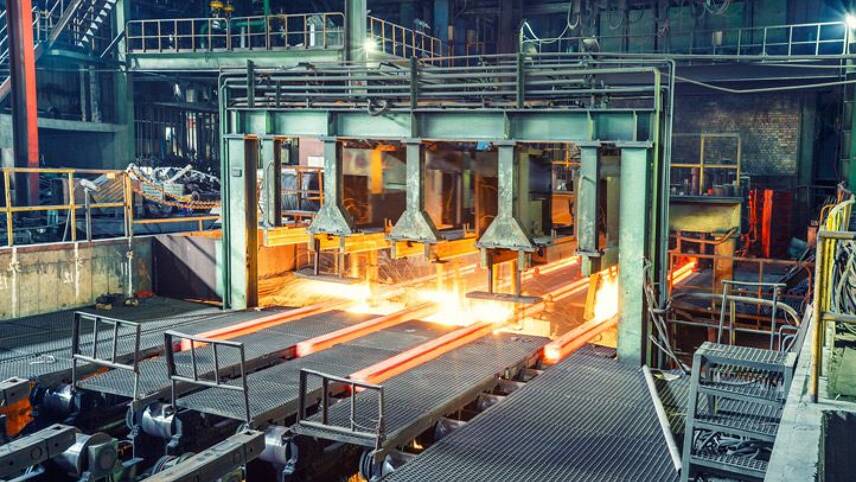Register for free and continue reading
Join our growing army of changemakers and get unlimited access to our premium content

The foundation industries account for 15% of the UK’s emissions, according to Innovate UK, and are worth around £52bn to the economy
A new briefing paper from the Cambridge Institute for Sustainability Leadership (CISL) has explored the decarbonisation efforts of key “foundation” industries. Decarbonisation of these industries is necessary to enable other sectors to reduce embodied and embedded emissions from key materials such as iron, steel cement, glass and basic chemicals.
However, the CISL research found that current policies, such as the UK’s Emissions Trading System, “have been insufficient to drive deep decarbonisation”.
The research calls on the UK Government to attract “long-term investment and new technologies” to help deliver deep levels decarbonisation and put key industrial sectors on course to reach net-zero emissions by 2050.
CISL’s director of policy and systems change collaborations, Beverley Cornaby said that the research suggests that the UK is lagging behind the likes of the EU and US and needs to step up to mobilise financial support and demand for new technologies.
“The UK must step up to the example set by the EU and US by establishing a strong policy framework to support industrial decarbonisation,” Cornaby said.
“This report sets out clear policy recommendations for the government to enable demand-led innovation and create an attractive and competitive market for green investment.”
The research found that many technologies, products and processes that could assist sectors in decarbonising are not yet available “at a commercial scale”. The research suggests that high-costs, a lack of standardised data collection on embodied carbon emissions, and a lack of familiarity with new materials are also stopping further decarbonisation,
In response, the paper calls for enabling policies that create demand for low-carbon products and materials to be introduced that encourage innovation or support the scaling up of demand for innovative technologies across the value chain. International collaboration was also suggested as a way to introduce new materials and products to UK markets.
supply–demand catch-22
The foundation industries account for 15% of the UK’s emissions, according to Innovate UK, and are worth around £52bn to the economy.
Other large economies like the EU and the US offer more support to these key sectors, the report notes. The Inflation Reduction Act in the US, for example, is a package of measures to help vulnerable people pay for health care and to reduce emissions, with a focus on energy and transport. Elsewhere, the Fit for 55 package and REPowerEU plan in the European Union are spurring market growth, as are Japan’s Green Transformation programme, and the Production Linked Incentive scheme in India that encourages manufacturing of solar PV and batteries.
However, the UK is lagging behind its major competitors, with a response to those packages not expected to arrive until Autumn this year.
A key stumbling block is the “supply–demand catch-22” where upstream companies don’t have the market demand to scale solutions and materials or the technology to increase production, while downstream firms cannot risk investing in solutions unless a stable supply of the material or product is available.
The report adds that demand-led innovation’ (DLI) is vital if the UK is to see significant emissions reductions in core materials industries.
edie’s Net-Zero Awards are open
edie is proud to announce the launch of the Net-Zero Awards, specially created to recognise and reward the individuals and organisations that are spearheading the transition towards a net-zero carbon economy.
Brought to you by the team behind the long-established and hugely popular edie Awards, this brand-new sister awards scheme offers a unique opportunity to empower teams, inspire stakeholders and ultimately accelerate decarbonisation across all industries.
KEY DETAILS: Entries for the Net-Zero Awards 2023 are now open. The full list of 16 categories and criteria can be viewed here. The entry deadline is Friday 14 July, with the Awards ceremony taking place on the evening of Wednesday 15 November in London.
Click here for more information or to enter.


Commentary from readers, contributed in this space seems to be very sparce.
I would have expected a much heavier post than actually occurs.
I frequently find that I am the only name in this section!
Perhaps preference is given to nonagenarians!!!